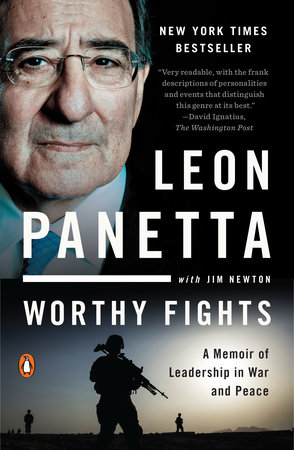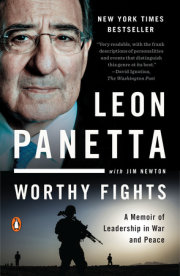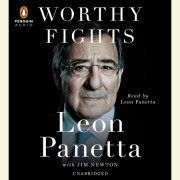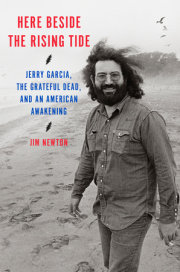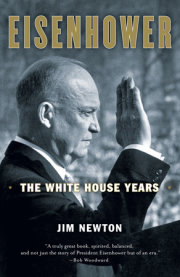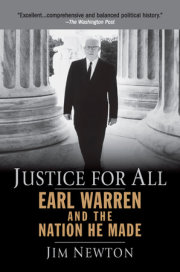I said good-bye to a fallen CIA colleague, a personable, driven young woman named Elizabeth Hanson, on a warm May morning in Washington in 2010. She was laid to rest at Arlington National Cemetery, in the shade of a stately line of willow oaks, amid thousands of American heroes and in the company of hundreds of friends, family, and coworkers from the Central Intelligence Agency. I was at the time the director of the CIA. Elizabeth Hanson had worked for me.
It was a graveside service, modest and brief; she was buried in Area 60, beside many veterans of the wars in Afghanistan and Iraq, just over a small rise from the Pentagon. Hanson and six other members of our agency were killed on December 30, 2009, at a remote CIA base in the Khost province of eastern Afghanistan. Liz Hanson and her colleagues were there that day to meet a potential agent, a jihadist who said he wanted to work for the CIA and steer us to the leadership of Al Qaeda. Instead, when he arrived at the meeting he detonated a diabolically powerful suicide vest, killing seven of our best and injuring a dozen more. That explosion was a signal tragedy for the CIA—one of the largest losses of life in the agency’s history.
The attack shook the CIA, and I had spent much of that winter and spring consoling our employees and traveling around America to share the grief of the families of those men and women. Hanson’s funeral was the last of seven such services I had attended. They included small private services and a large Catholic mass. Some were packed with dignitaries, others limited to friends and family. I met with mourners in Fredericksburg, Maryland; Virginia Beach; Clinton, Massachusetts; Akron, Ohio; and central Illinois. And this was my third trip to Arlington. After the funeral mass in Clinton, boys and girls stood in the snow outside the church, some quietly waving flags or signs that read, THANKS FOR KEEPING US SAFE. In Akron, the widow of one of our fallen, Scott Roberson, was carrying his child, a girl. One eulogist imagined the day when their daughter would come to visit the CIA and touch the star etched into the marble of our Memorial Wall, marking her father’s sacrifice, her heart full of pride for a man she never had the luck to know.
Two realizations connected all of those ceremonies: Nothing could return those young men and women to their families, and I could only offer them a promise. America would do everything in its power to bring those behind the murders to justice. They hit us; America would hit back.
. All rights reserved. No part of this excerpt may be reproduced or reprinted without permission in writing from the publisher.

